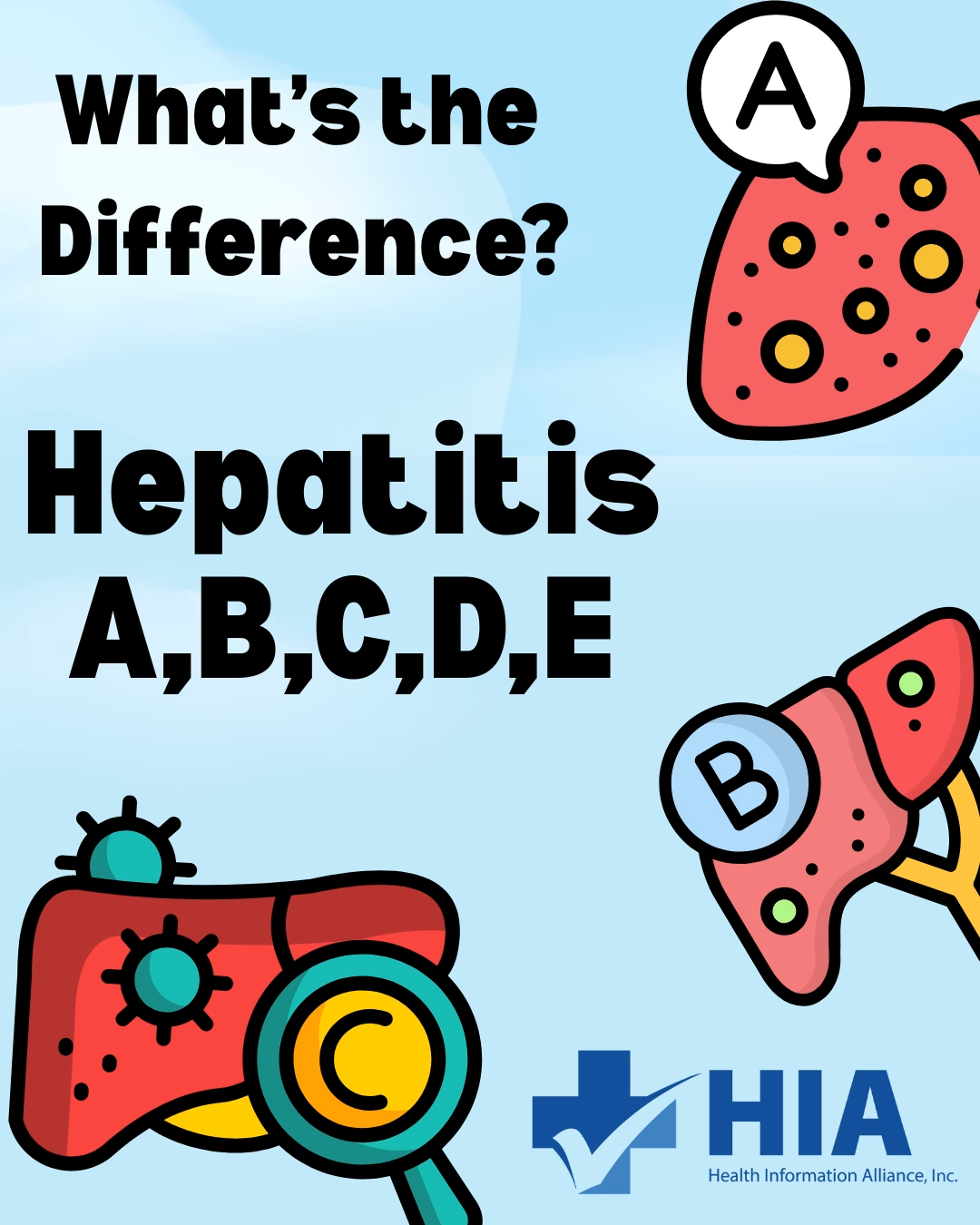Celebrating National Cancer Registrars
Cancer is a fearsome term in today’s world irrespective of medical-technological advances. It is the second leading cause of death in the United States and costs about $107 billion dollars a year in healthcare expenses and loss of productivity from illness and death. Hence it is important to learn more about cancer causes, treatments and follow-ups. The physicians, researchers, and legislators are working together to accomplish the mission of reducing its impact; however, they rely on the data mined by Certified Tumor Registrars (CTRs) to make decisions, optimize available funds, and implement screening and treatment programs (Oxford Global Resources, 2020).
The ABCs of CTRs
A Certified Tumor Registrar is a qualified individual who mines data and captures information from health records of cancer patients, performs data analysis on the data collected, prepares reports, and monitors patients’ treatment and outcomes. This data allows organizations to evaluate cancer incidence and survival rates, monitor and advance cancer treatments, and improve cancer prevention and screening programs (Oxford Global Resources, 2020). Every CTR is required to obtain certification from National Cancer Registrars Association (NCRA), a pioneer organization which sets standards in the field of cancer registry.
History of Cancer Registry
The first cancer registry was established in 1926 at Yale-New Haven Hospital in Connecticut with the goal of collecting health data of cancer patients for the purpose of analysis and research (Chapman, 2012). More and more physicians and researchers realized the potential benefits of cancer registries and began investing in the cause. Almost 100 years later, cancer registries are an integral part of every healthcare system and proved to be a crucial tool in the fight against cancer and other malignant diseases.
Role of Registrars
According to NCRA, the cancer registries fall into three general categories, Hospital Registries, Central or State Registries, and Special Purpose Registries but the key is a specialized cancer registrar (National Cancer Registrars Association [NCRA], 2021). A registrar is not only responsible for collecting and registering data into cancer registries but also collaborating with physicians, researchers, and health administrators to ensure information’s accuracy and all reporting is done in compliance with state and federal standards (Chapman, 2012).
Role of NCRA
The National Cancer Registrars Association, formerly known as National Tumor Registrars Association, is a not-for-profit association representing cancer registry professionals and Certified Tumor Registrar certificate holders. The NCRA Education Foundation is established with a mission of supporting advancement of the cancer registry profession through education and research. The Institute of Medical Surveillance Workforce Research (IMSWR) serves as the central repository for all existing and new research related to medical surveillance workforce and its online repository includes NCRA-directed research specific to the cancer surveillance workforce (NCRA, 2021). There are 65 different medical registries that are maintained under IMSWR.
Recognition of NCRW
National Cancer Registrar Week (NCRW) was established as an annual celebration to promote the work of cancer registry professionals. Cancer registrars throughout the world will join their colleagues, fellow medical professionals, and community leaders to observe the 25th annual National Cancer Registrars Week (NCRW), April 5-9, 2021 (NCRA, 2021).
Along with NCRA, the Health Information Alliance, Inc. (HIA) understands the important role cancer registrars play in capturing the data that informs cancer research, prevention, and treatment programs. In 2020, it is anticipated that there will be 1,806,590 new cases of cancer reported with an estimated number of over 606,502 deaths (American College of Surgeons, 2021). In order to effectively collect and analyze this data and provide better patient outcomes, organizations partner with Certified Tumor Registrars such as HIA. Our extensive workforce development strategy enables them to strive towards achieving excellence, better quality, and bigger impact.
We stand proud with our CTRs and support the cancer community in the fight against the cancer.






